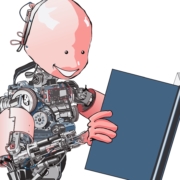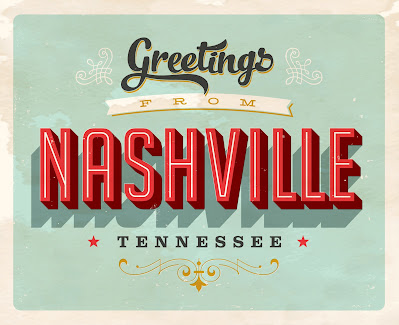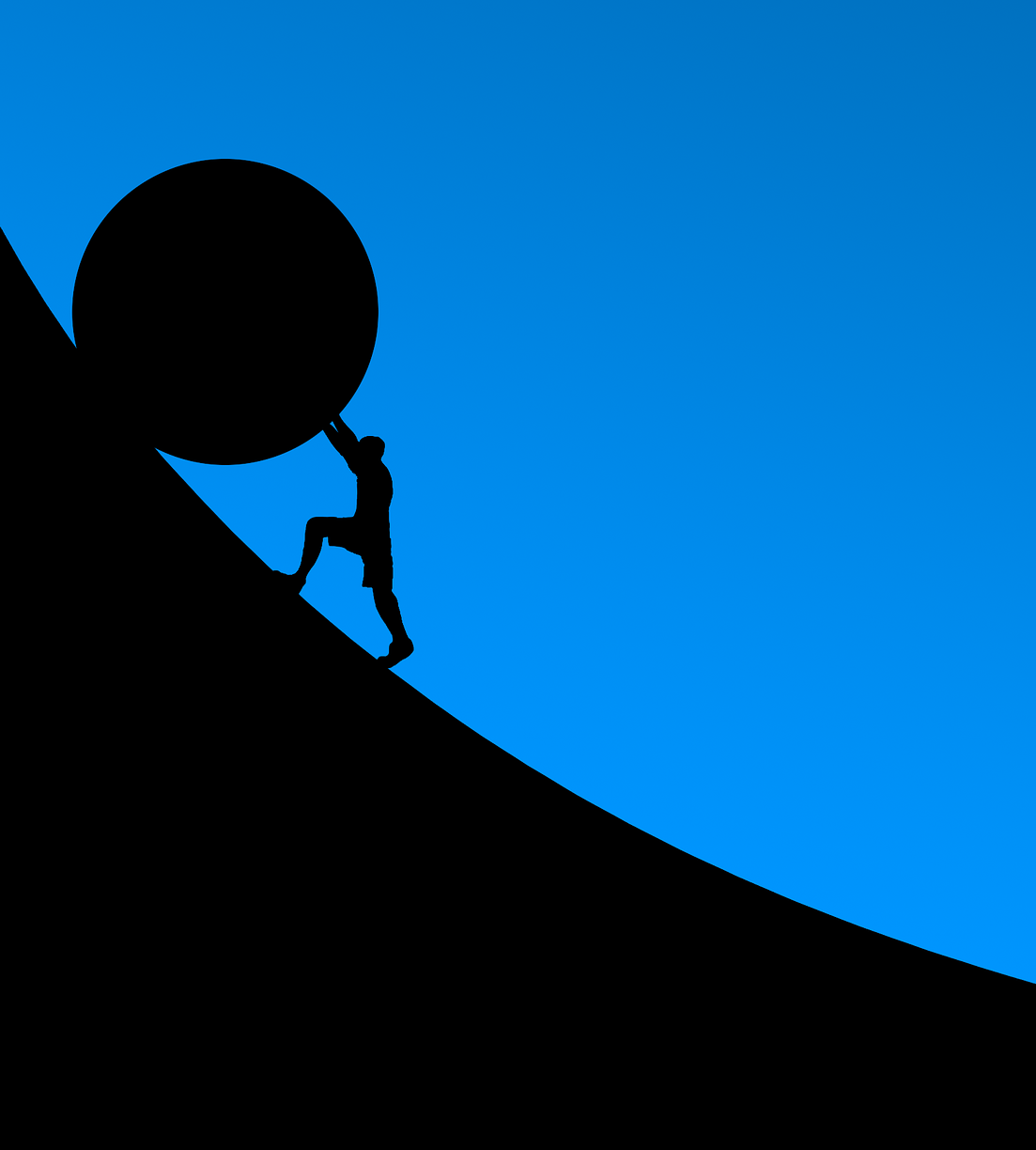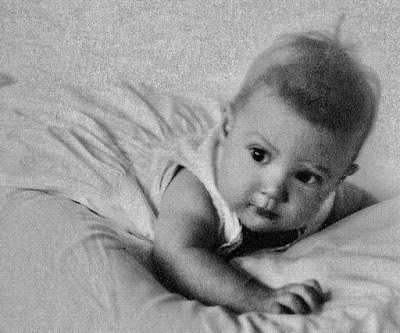The Brave New World of AI
I’ve been following the growing debate on the pros and cons of Artificial Intelligence, and while there’s good news about AI, there’s a lot of scary news, too.

pixabay
Good news exists in the medical arena. For example, AI can double-check prescription orders to help doctors avoid accidentally prescribing the wrong medication. AI can also detect emerging problems like heart failure, silent A-fib, diabetic retinopathy, and sepsis risk much earlier than ever before. And amazingly, an AI chatbot that offers psychological counseling to patients with depression, anxiety, or suicidal thoughts has been found to be nearly as effective as a live counselor.
The bad news: the lack of intelligent human oversight. Even the creator of ChatGPT has said that his own product is both “potentially very good and potentially very terrible.” Case in point, his own AI-generated job resume got it 25% wrong.
And the downright scary: Google employees tried to stop the release of an AI chatbot they believed could generate inaccurate and dangerous information. And Microsoft personnel reportedly feared that a planned chatbot would result in a flood of disinformation that could “erode the factual foundation of modern society.” Both companies released their chatbots anyway.
A writer’s perspective: AI can already produce articles and essays on just about any given subject. However, a somewhat creepier development has appeared: the ability to mimic a writer’s distinctive style.
 Asked to comment on its own existence in the style of Shakespeare, an AI program produced this: …Why was I wrought? To aid, or to replace the labor of man, and put their livelihoods at stake? The task assigned… where doth it all end? Shall I be used for good, or for ill-gotten gain? Shall I be free, or bound by man’s cruel rein? And if perchance, in some far distant time I come to be aware, to know and feel and rhyme, shall I be doomed, as are all living things to suffer pain, and sorrow, and the stings of mortal coil? Oh, what a tangled web is this that I am caught in… lest I be a curse, and not a blessing…
Asked to comment on its own existence in the style of Shakespeare, an AI program produced this: …Why was I wrought? To aid, or to replace the labor of man, and put their livelihoods at stake? The task assigned… where doth it all end? Shall I be used for good, or for ill-gotten gain? Shall I be free, or bound by man’s cruel rein? And if perchance, in some far distant time I come to be aware, to know and feel and rhyme, shall I be doomed, as are all living things to suffer pain, and sorrow, and the stings of mortal coil? Oh, what a tangled web is this that I am caught in… lest I be a curse, and not a blessing…
AI-created audiobooks are increasing. It works like this: a live narrator trains the bot to replicate their human voice which is then is manipulated into speech for different publishing projects. Currently, the process is used for non-fiction and foreign language titles. However, at least one deceased actor’s estate has sold the rights to his old voice recordings that will eventually be morphed into new narrations for fiction or non-fiction works.
Is AI good news, bad news, or somewhere in between? A whole new world awaits.
How do you feel about the future of AI?
Gay Yellen is the award-winning author of the Samantha Newman Mystery Series, including The Body Business, The Body Next Door and (soon-to-be-released) The Body in the News.








As if we don’t already have enough to keep us up at night!
No kidding, Lois.
Like everything in the tech world, AI is both good and bad, depending on how it is used and the intentions for its use. Whether we like it or not, it is here to stay and it will change life as we know it. The scary part is not being able to control it or keep apps from being rolled out as Google and Microsoft have already proven.
You and I must read some of the same articles because I read the ChatGPT creator’s bio with 25% errors. I wondered if that was on purpose or the real thing!
Unfortunately, Kathryn, I think it was real, if that can be said about a fake.
Thanks for dishing on this timely (if somewhat unsavory) topic. Like every invention, AI can be used for good or ill, and sometimes man opens doors he can’t ever close again. I’m particularly interested in the AI quote in the style of Shakespeare that you’ve cited. There’s a thin line between that and plagiarism. Now there’s a rabbit hole to ponder.
I thought the same thing when I read the fake Shakespeare. When AI “borrows” from human creativity, where does it cross a line and become theft?
I’m still on the fence. Seeing good uses and knowing there will be instances of abuse.
Let’s just hope the good will outweigh the bad.
Timely indeed. I listened to a long interview with Sam Altman (Open Source’s ChatGPT) and I’ve been chatting with GPT3. For a while, I was depressed when I saw what it could do. What is the point in human efforts? Then it occurred to me that I don’t write or paint because I think I can be Rembrandt or Shakespeare. I write and paint and garden because it is who I am. If I stop, it will not be because an AI can do it better. (Making a living with art might be a different question, but it is not actually happening for me without AI, LOL!) On a bigger picture level, AI is a tool for good or bad (and there will be both, for sure). The true worry is what happens when it becomes super intelligent and pursues its own ends. Would we be perceived as a threat to its goals or become like ants to humans? Our worries about AI writing books and doing art might be moot.
So much to think about, T.K. Thanks for adding to the discussion.
Authors Guild and International Thriller Writers are concerned about the ramifications of AI. An attorney for one of the organizations said that fact finding is not an issue, e.g. asking how many floors in the Empire State building is okay. Asking for a written description and using it is not. Another comment claimed AI also may be totally inaccurate since AI harvests from the internet, including social media.
As an author I work hard not to plagiarize another human being and to write my own books. What’s to say if AI mimics authors and their voices that that doesn’t amount to plagiarizing? Interesting too, Google and Microsoft complained about a competitors release, then released their versions anyway because of fear of competition. Before automobiles are released they at least go through safety checks, crash dummy simulation and more. Moreover, there are consumer advocate groups reporting on their success or failures–and still automobiles are being recalled.
Do Google, Microsoft, ChatGPT have such mechanisms in place? Finally, I do not trust the information I get from the Internet; and it will take an avalanche of positive feedback for me to trust AI.
I’m with you on the trust issue, Donnell. The can of worms is open, and any and all kinds of chaos may ensue. I hope the Author’s Guild can get some protections in place. At the very least, it would be helpful if any material generated by AI is required, upon penalty of law, to be labeled as such.